Vibha B Madhava
3:06
3:07
3:08
3:11
3:13
3:14
3:16
3:18
3:19
3:20
3:22
3:23
3:24
3:24
3:27
3:28
3:28
3:28
3:30
3:31
3:34
3:35
3:39
3:40
3:41
3:57
4:06
4:10
4:15
4:18
4:19
4:21
4:23
4:24
4:25
4:26
4:27
4:29
4:30
4:31
Connecting…







